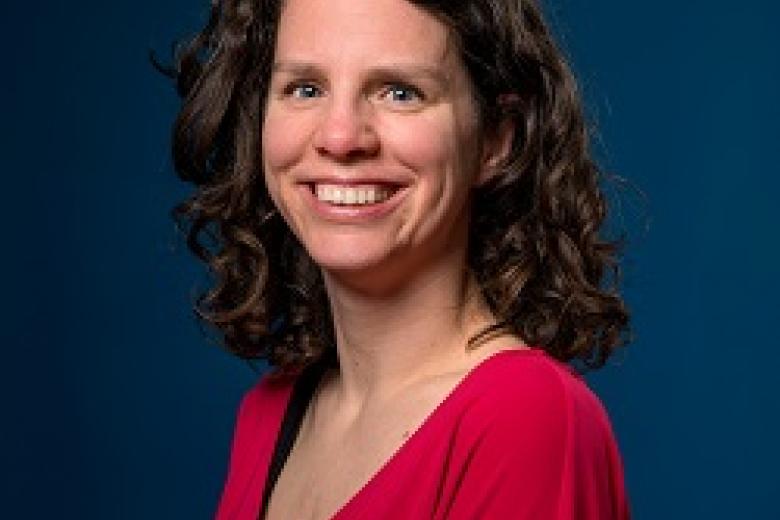Maastricht University helps build a European University
Maastricht University is joining forces with seven other universities from as many different European countries. Together they form the YUFE alliance (Young Universities for the Future of Europe). “In line with the European Commission’s goal to strengthen European cohesion and competitiveness, the YUFE alliance wants to become a model for a European University where students acquire skills and develop a mind-set that allows them to play an active role in their societies and beyond,” says Prof. Dr. Martin Paul, President of Maastricht University.
At the end of 2017, French President Emmanuel Macron laid out his plans to create a new Europe. Part of his plans was the creation of twenty cross-border European universities, which will issue 'European' diplomas from 2024 onwards. The European Commission followed Macron’s lead and created the European Universities Initiative (EUI). Until 28 February, alliances of European universities could submit collaborative projects. Twelve alliances receive financing from Europe for a period of three years. Wanting to become one of the first models for a European University, the YUFE alliance submitted its proposal on 28 February.
Concerning research and education, Maastricht University has always been looking beyond national boundaries. Hence, the university seizes this opportunity and joins the YUFE alliance, together with seven other universities: the University of Antwerp, the University of Rome Tor Vergata, the University of Eastern Finland, the University of Carlos III Madrid, the University of Bremen, the University of Essex, and the University of Cyprus. In addition, the alliance has six associate partners: the University of Rijeka, the Nicolaus Copernicus University in Torún, the Educational Testing Service (ETS), European Entrepreneurs CEA-PME, Kiron Open Higher Education for Refugees and the Adecco Group.
Stronger European feeling
“Europe is increasingly becoming a Europe of regions”, says Martin Paul. “With YUFE, all participating universities offer their students and staff opportunities in all of these regions. International partnerships are an important catalyst of regional prosperity across Europe. With YUFE we want to contribute to knowledge, prosperity and cohesion for all European students, professionals and citizens.”
The alliance wants to make a difference on several levels. For example, YUFE students will learn not only in the auditorium, but also during work experiences and through social action. Martin Paul: "All YUFE universities work together with industry and government in their regions under the shared goal to foster a stronger sense of Europe for future generations of Europeans and European employability in eight European regions.”
If YUFE’s bid is selected, the project will be implemented from September 2019 onwards. YUFE students and staff will then have the opportunity to study or work at one of the affiliated universities. Martin Paul: "Maastricht is the place where a new dialogue about the Europe of the future is being held. We believe that this dialogue should be facilitated specifically by sharing scientific knowledge and developing strong links between higher education institutions throughout Europe."
Visit www.yufe.eu for more information.
Also read
-
PhD research shows impact of aggression on staff and patients in forensic care
Nienke Verstegen, researcher at De Forensische Zorgspecialisten, has conducted research on aggression within forensic care and its impact on patients and staff. On July 6, 2023, she will receive her PhD from Maastricht University with her dissertation ' Hurt people hurt people. Characteristics and...
-
No evidence of brain damage caused by severe COVID-19
Patients admitted to hospital due to a severe COVID-19 infection exhibit no evidence of brain damage caused by the disease. This is the conclusion of an extensive study led by Maastricht University.
-
Cold shivers?
Due to the Western lifestyle with a high fat diet combined with little exercise, more and more people in the Netherlands are overweight or even obese. This causes an increased risk of type II diabetes. What can be done about this besides a healthier lifestyle? The answer comes from an unexpected source...